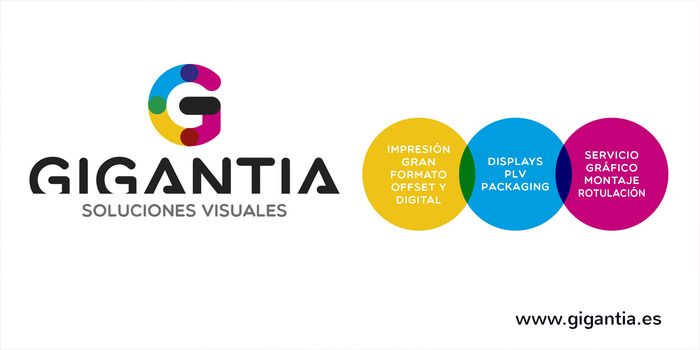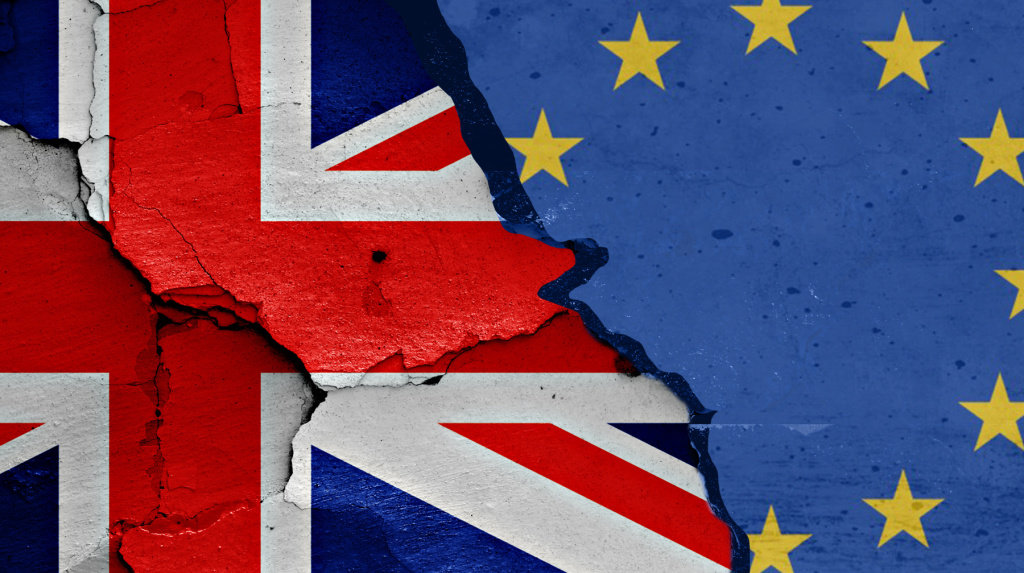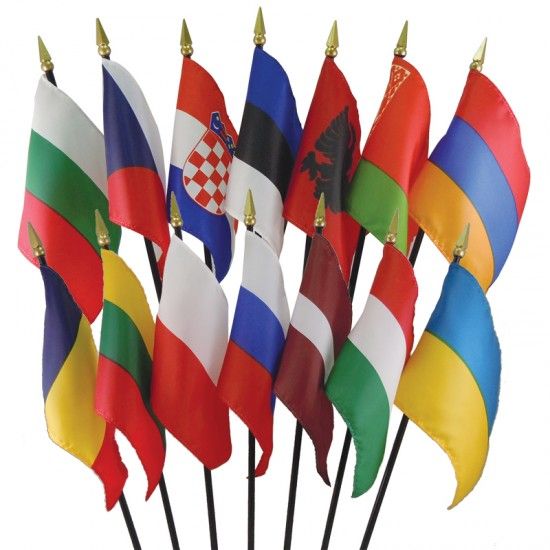These days, people are more aware than ever of the importance that good language practice can have in terms of developing their business. Translations have allowed companies to grow like never before, and the profession is constantly expanding and evolving in order the meet the demands of clients from all across the world. Indeed, an increasing amount of companies are adapting their services to respond to the evolution of new media. One stand out example is the presence of videos across the internet, particularly on social media, which has led to a higher demand for audio and video transcription services.
More and more companies have been tapping into this; not just because the use of transcription allows for greater accessibility in the online global marketplace, but also because videos provide an excellent opportunity to boost a company’s SEO. For pages that produce longer videos, the advantages are even greater. Longer videos logically contain a larger transcript, which gives businesses a huge opportunity to target additional keywords in various languages.
Something for everyone
The benefits of transcription aren’t just reserved for e-commerce, where good SEO is always a priority; several studies conducted by a range of companies, including Discovery Digital Networks, SafeNet, and even the radio show This American Life have proven that adding subtitles and transcripts to videos can increase search traffic, page views, search rank, and engagement. A similar study by LiveClicker compared 37 web pages before and after adding transcripts. Pages with transcripts earned on average 16% more revenue than they did before transcripts were added.
Satisfy your clients
In addition, these pages also have an opportunity to increase customer satisfaction when they enlist the help of a transcription service. For example students, researchers, journalists or anyone else who’s looking for a particular moment or quote within a video will no longer have to trawl through minutes or even hours of footage just to find what they’re looking for. It’s all there, fully transcribed and easy to locate.
Clients with hearing difficulties are also accommodated for, and will appreciate a service that is not always available to them from other businesses and media outlets. Transcribing your video opens your business up to an audience of millions of people throughout the world who rely on this kind of service to make their multimedia experience worthwhile.
There are a number of reasons why businesses or individuals could require a transcription or captioning service. Whether you’re looking to provide your customers with greater satisfaction, someone requires a written copy of your video or audio file, or you want to use your content in new ways to spread your message to a wider audience and increase your SEO, transcription and captioning can provide innumerable advantages to you and your company.











